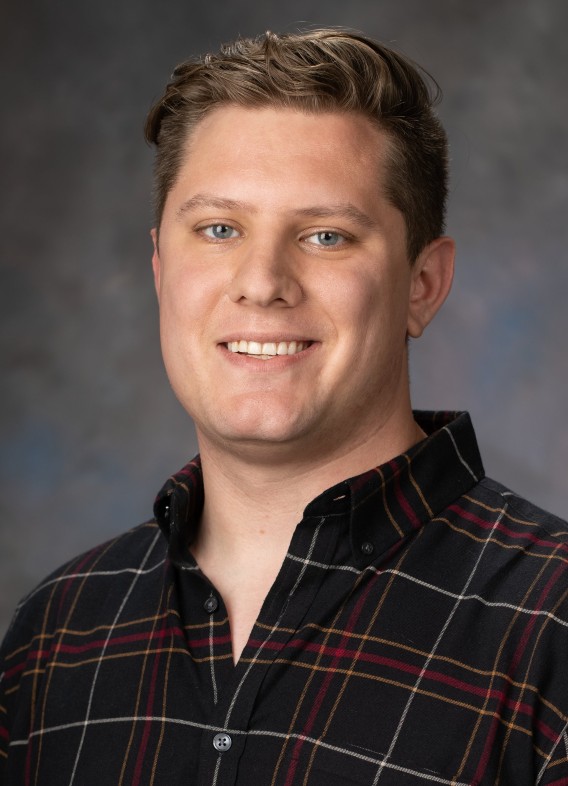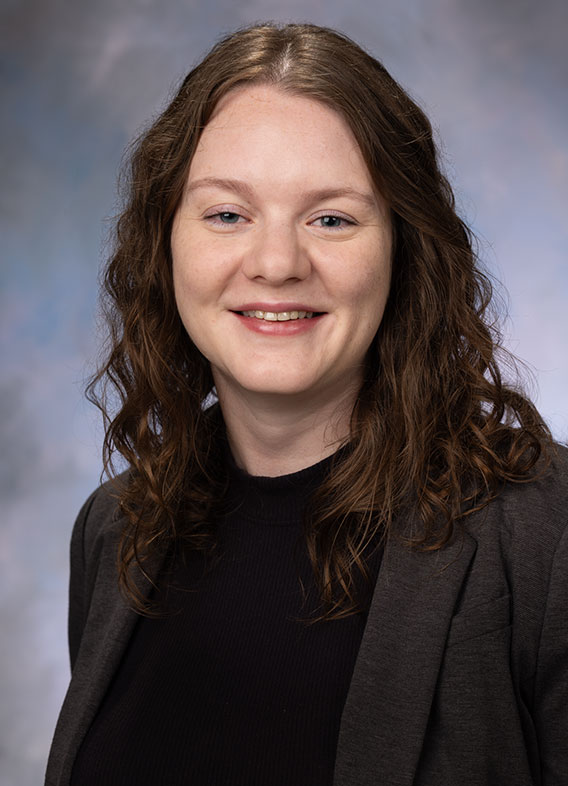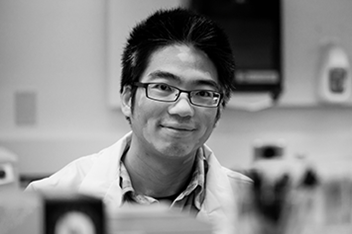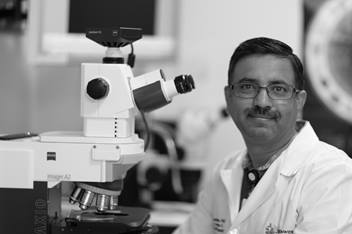Stanton Lab: Systems Epigenetics Group
We’re a highly collaborative group, focusing on epigenetics and genomics. We investigate fundamental modes of gene regulation and how they can be disrupted in human disease.
We are motivated to understand chromatin structure in the context of epigenetic activation and repression, as we define projects at the interface of epigenomics and pediatric cancer biology. Our view is that understanding basic epigenetic mechanisms and vulnerabilities will provide the groundwork for precision therapies.
Understanding Epigenetic Regulation in Childhood Cancer

While pediatric cancers often have low mutational burden, alterations can drive changes in the epigenetic landscape. Our group seeks to understand chromatin deregulation in cancers with low mutational frequencies. We have a special interest in understanding the central determinants for 3D genome organization in cancer, defining how chromatin interactions change in human disease, and for investigating how the epigenome interacts with chemotherapeutics.
Epigenomics for Chromatin Architecture
In order to define altered epigenetic states, our group develops new methods for understanding chromatin structure, and how proteins bind to the genome. Our methods are driven by questions connecting chromatin remodeling and genome architecture.
Lab Staff

Benjamin Stanton, PhD
Principal Investigator
Benjamin Stanton, PhD, leads the Systems Epigenetics Group at Nationwide Children’s and The Ohio State University College of Medicine. His main research interests relate to understanding chromatin activation in childhood cancer, understanding how epigenetic repression influences genome organization in human disease and developing interdisciplinary approaches for new methods in systems epigenetics. Dr. Stanton cares deeply about mentoring the next generation of scientists. He enjoys spending time with his wife, Abby, his son, Zev, and his daughter, Ayelet.

Meng Wang, PhD
Senior Bioinformatics Scientist
In the Stanton Lab, Meng Wang, PhD, analyzes next generation sequencing data. Dr. Wang has a doctorate from The Ohio State University with a focus in statistical genetics. She completed her postdoctoral research studying the genetic association between rare variants and epilepsy.

Alexi Tallan
Doctoral Researcher, The Ohio State University Molecular, Cellular and Developmental Biology Program
Lex Tallan, works at the interface of epigenomics, biochemistry and data analysis to understand how rare transcription factors function in childhood tumors.

Rachel Hoffman, PhD
Postdoctoral Fellow
Rachel Hoffman, PhD, investigates chromatin replication and is studying how the epigenome is inherited in pediatric cancer.

Chamithi Karunanayake, PhD
Postdoctoral Fellow
Chamithi Karunanayake, PhD, investigates cancer epigenetics to provide conceptual links between genomics and biochemistry.

Dilasa Adhikari
Research Student
Dilasa Adhikari is a member of the OSU ASPIRE training program and is a talented budding epigeneticist.

Mahzabeen Suha
Research Student
Mahzabeen Suha is a member of the OSU Biophysics program and is developing studies to understand transcription factors in pediatric cancer.



